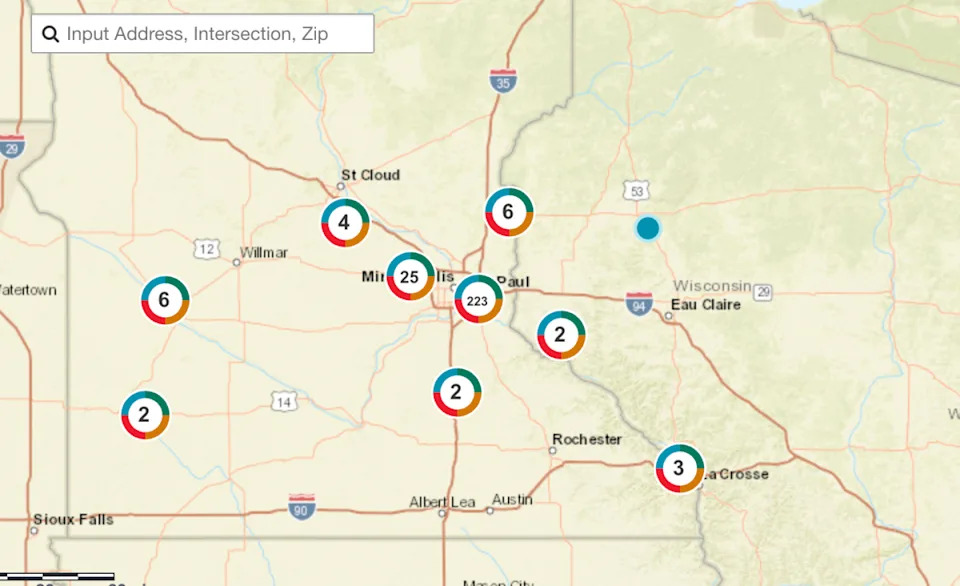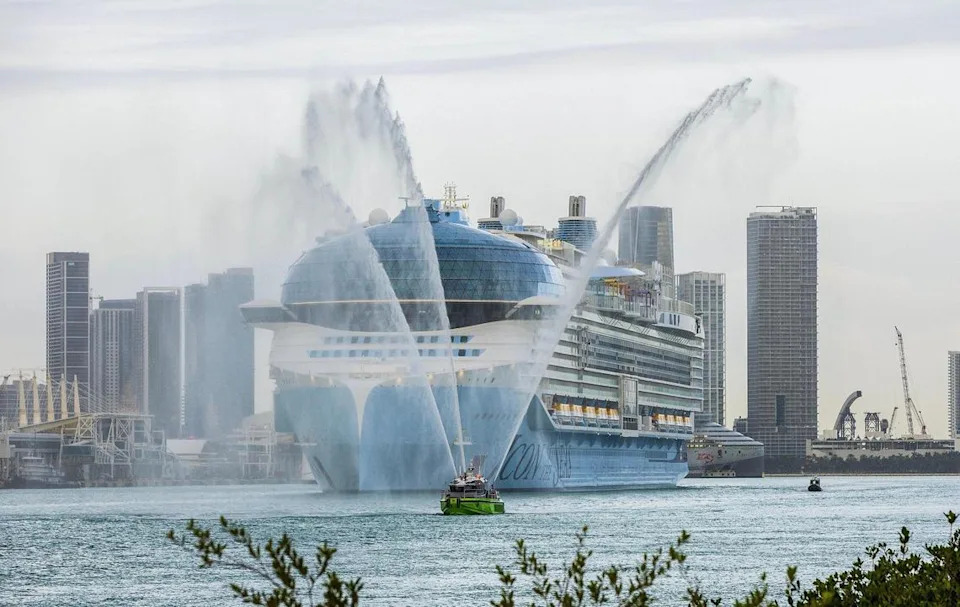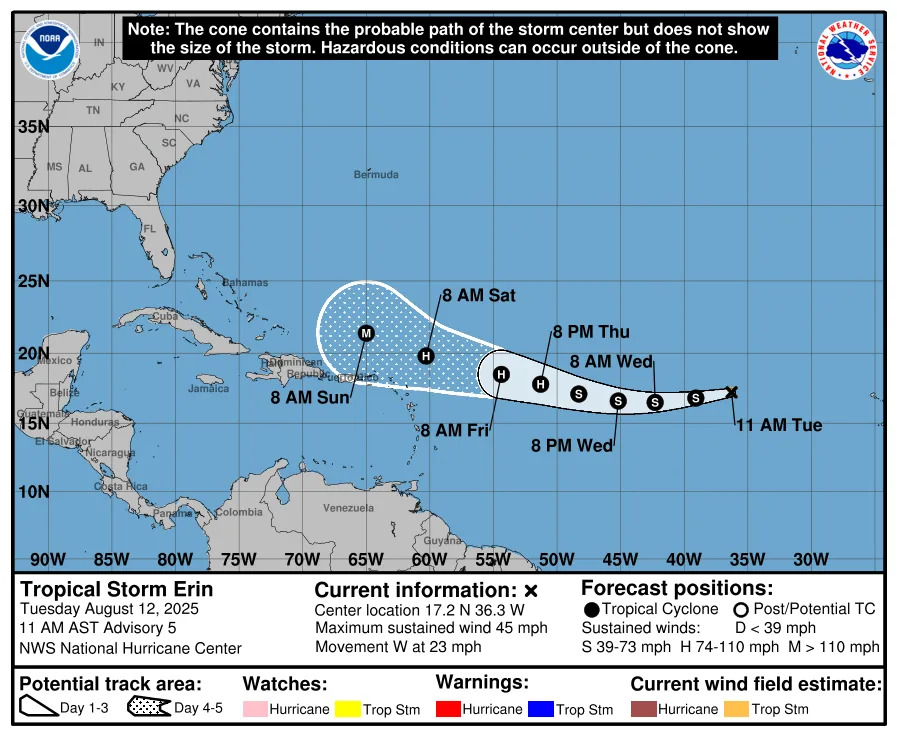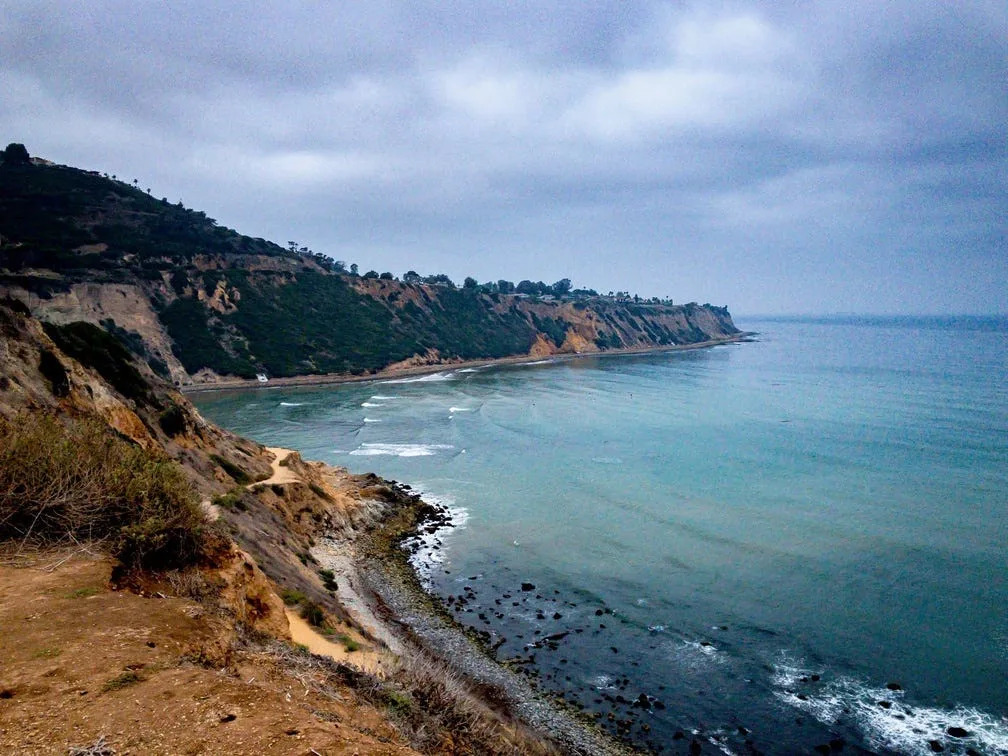
The Atlantic Daily, a newsletter that guides you through the biggest stories of the day, helps you discover new ideas, and recommends the best in culture. Sign up for it here.
This is an edition of The Wonder Reader, a newsletter in which our editors recommend a set of stories to spark your curiosity and fill you with delight. Sign up here to get it every Saturday morning.
In 2024, Russell Shaw made the case for the Lighthouse Parent. “A Lighthouse Parent stands as a steady, reliable guide,” Shaw writes, “providing safety and clarity without controlling every aspect of their child’s journey.” The term, used by the pediatrician Kenneth Ginsburg and others, is a useful rejoinder to the strong pull of intensive parenting. Parents’ first instinct is often to give a solution, to get involved, to fix it. It’s a natural impulse—“we’re biologically wired to prevent our children’s suffering, and it can be excruciating to watch them struggle,” Shaw writes.
But that mindset is both exhausting for adults and damaging for kids. Instead, try to think of yourself as a lighthouse: ready to illuminate the way when your kid needs you, ready to stand back when they don’t.
On Parenting
The Gravitational Pull of Supervising Kids All the Time
By Stephanie H. Murray
When so many people think hovering is what good parents do, how do you stop?
The Isolation of Intensive Parenting
By Stephanie H. Murray
You can micromanage your kid’s life or ask for community help with child care—but you can’t have both.
Lighthouse Parents Have More Confident Kids
By Russell Shaw
Sometimes, the best thing a parent can do is nothing at all.
Still Curious?
What adults lost when kids stopped playing in the street: In many ways, a world built for cars has made life so much harder for grown-ups.
How to quit intensive parenting: It’s the prevailing American child-rearing model across class lines. But there’s a better way, Elliot Haspel argued in 2022.
Other Diversions







Comments